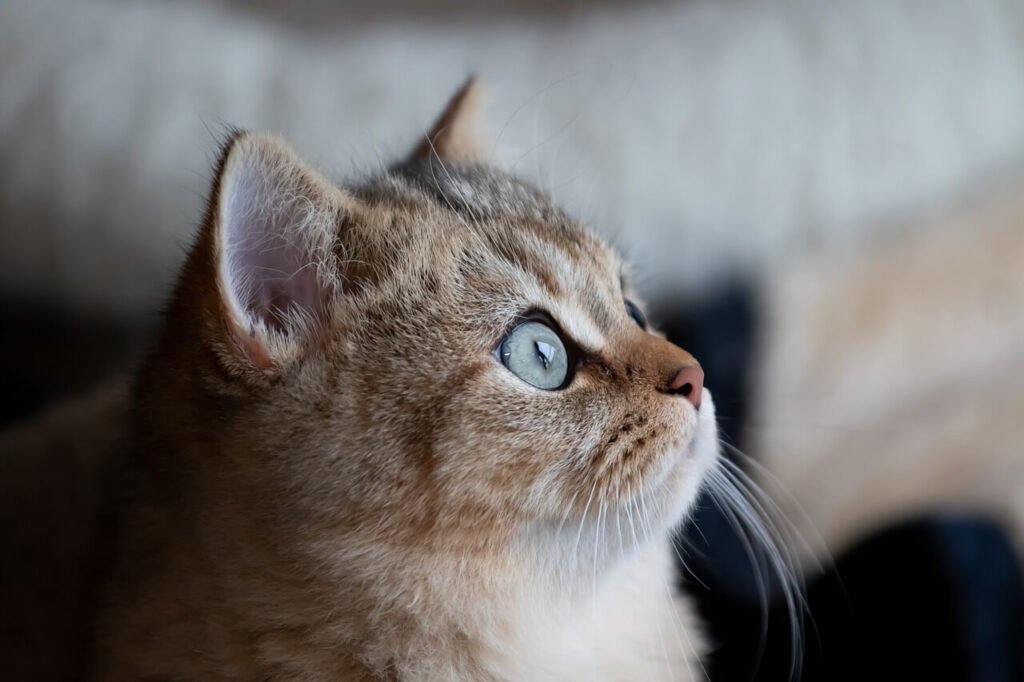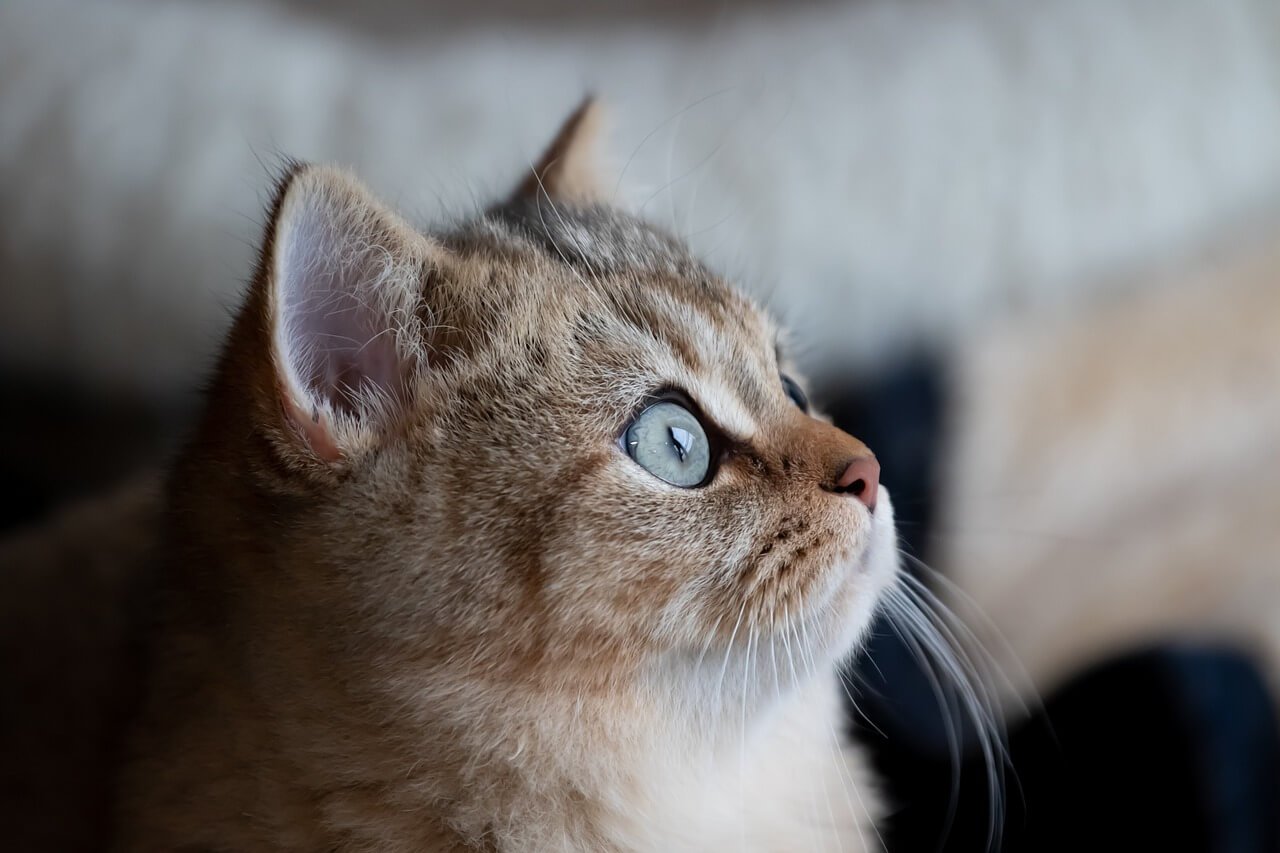Sour Smelling Cat Poop: What It Means and How to Address It
If you’ve noticed a sour or unusually foul odor coming from your cat’s poop, it’s natural to feel concerned. While cats are generally known for their fastidious grooming habits and relatively mild-smelling waste, changes in the smell of their stool can signal underlying health issues. Sour-smelling cat poop may indicate dietary imbalances, infections, or even more serious conditions like gastrointestinal disorders. Understanding the potential causes and knowing how to respond can help you ensure your feline friend stays healthy and comfortable. In this guide, we’ll explore everything you need to know about sour-smelling cat poop, including its causes, symptoms, and solutions.
Common Causes of Sour Smelling Cat Poop
Several factors can contribute to sour-smelling cat poop. Identifying the root cause is essential for addressing the issue effectively. Here are some common culprits:
Dietary Changes : Switching your cat’s food suddenly can disrupt their digestive system and lead to foul-smelling stools.
Food Intolerances or Allergies : Certain ingredients in your cat’s diet may not agree with them, causing digestive upset and unusual odors.
Bacterial Infections : Harmful bacteria in the gut can produce gases that result in sour or foul-smelling poop.
Parasites : Intestinal worms or other parasites can interfere with digestion and alter the smell of your cat’s stool.
Underlying Health Conditions : Issues like pancreatitis, inflammatory bowel disease (IBD), or liver problems can affect stool odor.
Understanding these causes will help you take the right steps to address the problem and restore your cat’s digestive health.
Signs That Sour-Smelling Poop Indicates a Problem
While occasional changes in stool odor aren’t always alarming, persistent sour-smelling poop often points to an underlying issue. Here are some signs that warrant attention:
Frequent Diarrhea : Loose or watery stools accompanied by a sour smell can indicate digestive distress.
Blood or Mucus in Stool : The presence of blood or mucus may suggest infection, inflammation, or parasites.
Loss of Appetite : A sudden refusal to eat could mean your cat is feeling unwell due to digestive issues.
Lethargy or Weakness : If your cat seems unusually tired or uninterested in activities, it could be a sign of systemic illness.
Weight Loss : Unexplained weight loss alongside foul-smelling poop may indicate malabsorption or chronic disease.
If you notice any of these symptoms, it’s important to consult your veterinarian for a proper diagnosis and treatment plan.
Check this guide 👉Pale Cat Poop: Best 7 Health Tips!
Check this guide 👉Yellow Cat Poop: Best 7 Expert Tips!
Check this guide 👉White Dots in Cat Poop: Best 7 Health Tips!

Possible Causes of Sour Smelling Cat Poop | Ways to Address the Issue |
|---|---|
Sudden dietary changes | Gradually transition to new food over 7–10 days |
Food intolerances or allergies | Identify and eliminate problematic ingredients |
Bacterial infections | Consult your vet for antibiotics or probiotics |
Parasitic infestations | Administer deworming medication as prescribed |
Underlying health conditions | Schedule a vet visit for diagnostic testing |
How to Prevent Sour Smelling Cat Poop
Preventing sour-smelling poop involves maintaining your cat’s overall digestive health and addressing potential triggers. Here are some practical tips:
Feed a Balanced Diet : Choose high-quality cat food that meets your pet’s nutritional needs and avoids unnecessary fillers.
Avoid Frequent Diet Changes : Stick to one type of food unless advised otherwise by your veterinarian.
Provide Fresh Water : Ensure your cat has constant access to clean water to support proper digestion.
Monitor Treats and Snacks : Limit human foods or treats that could upset your cat’s stomach.
Schedule Regular Vet Check-Ups : Routine exams can help detect and prevent health issues before they affect your cat’s stool.
By taking these preventive measures, you can minimize the risk of sour-smelling poop and keep your cat healthy.
When to See a Veterinarian About Sour Smelling Cat Poop
While occasional changes in stool odor may not be cause for concern, certain situations require professional veterinary attention. Here are some scenarios where you should seek help:
Persistent Odor : If the sour smell doesn’t resolve after a few days, it could indicate an ongoing issue.
Severe Diarrhea or Constipation : These symptoms can lead to dehydration or blockages if left untreated.
Signs of Pain : Vocalizing, hiding, or avoiding the litter box may suggest discomfort or illness.
Unexplained Weight Loss : Significant weight loss alongside foul-smelling poop requires immediate investigation.
Behavioral Changes : Increased aggression, lethargy, or withdrawal can point to underlying health problems.
Prompt veterinary care ensures your cat receives the treatment they need to recover fully and comfortably.
Identifying Problematic Ingredients in Your Cat’s Diet
Certain foods can disrupt your cat’s digestion and lead to sour-smelling poop. Being mindful of what you feed your feline friend is key to maintaining their digestive health. Here are some common dietary culprits:
High-Fat Foods : Rich or fatty foods can overwhelm your cat’s digestive system, leading to foul-smelling stools.
Dairy Products : Most cats are lactose intolerant, and dairy can cause gas and unpleasant odors in their poop.
Raw Meat or Fish : These may introduce harmful bacteria that affect digestion and stool odor.
Low-Quality Cat Food : Foods with artificial additives, fillers, or poor-quality proteins can irritate the gut.
Human Table Scraps : Feeding your cat leftovers like onions, garlic, or spicy foods can upset their stomach.
By avoiding these problematic foods, you can help keep your cat’s digestive system balanced and their poop smelling normal.
Recognizing Symptoms of Bacterial or Parasitic Infections
Sour-smelling poop is often a red flag for infections that affect your cat’s gastrointestinal tract. Identifying these symptoms early can help you seek prompt treatment. Here are signs to watch for:
Frequent Vomiting : Alongside sour-smelling poop, vomiting may indicate an infection or parasite infestation.
Abdominal Pain : Your cat may exhibit sensitivity or discomfort when you touch their belly.
Excessive Gas : Unusual flatulence can be a sign of bacterial overgrowth in the gut.
Lethargy or Weakness : A lack of energy may suggest your cat is fighting off an infection.
Changes in Appetite : Refusing food or eating less than usual can accompany digestive issues.
If you notice these signs, consult your veterinarian to rule out infections or parasites and provide appropriate treatment.
Promoting a Healthy Digestive System for Better Stool Quality
Maintaining your cat’s gut health is essential for preventing sour-smelling poop and ensuring overall well-being. Here are some ways to support their digestive system:
Incorporate Probiotics : Probiotic supplements or foods with live cultures can promote a healthy balance of gut bacteria.
Provide Fiber-Rich Foods : Moderate amounts of fiber can aid digestion and regulate stool consistency.
Avoid Overfeeding : Feeding your cat too much can strain their digestive system and lead to foul-smelling waste.
Limit Stressful Situations : Stress can negatively impact gut health, so create a calm and stable environment for your cat.
Monitor Hydration : Ensure your cat drinks enough water to prevent dehydration, which can affect digestion.
By focusing on gut health, you can reduce the likelihood of sour-smelling poop and improve your cat’s overall quality of life.
Frequently Asked Questions About Sour Smelling Cat Poop
Is sour-smelling cat poop always a sign of illness?
Not always, but persistent or severe cases often indicate an underlying issue that needs attention.
Can probiotics help with sour-smelling cat poop?
Yes, probiotics can improve gut health and reduce odorous gas production in some cases.
Should I change my cat’s food if their poop smells bad?
Only if the current food is suspected to be the cause; otherwise, consult your vet before making changes.
How long does it take for dietary changes to affect stool odor?
It can take several days to weeks for the digestive system to adjust and for changes to become noticeable.
Can stress cause sour-smelling cat poop?
Yes, stress can disrupt digestion and lead to changes in stool consistency and odor.
Keep Your Cat’s Digestive System Healthy and Happy
Sour-smelling cat poop can be unsettling, but it’s often a sign that something in your cat’s diet or health needs adjustment. By understanding the potential causes, recognizing warning signs, and taking proactive steps to address the issue, you can ensure your feline companion stays healthy and comfortable. Whether it’s switching to a balanced diet, providing probiotics, or consulting your veterinarian, there are plenty of ways to tackle this problem. With patience and care, you’ll help your cat maintain optimal digestive health and enjoy many happy, odor-free days ahead.
Do Cats Have Taste Buds? Best 7 Expert Tips! – Discover how cats experience flavors and why their taste is so unique.
Do Dogs Have Taste Buds? Best 7 Expert Tips! – Discover how dogs experience taste, their preferences, and what it means for their diet and health.
Can Cats Taste Sweet? Best 7 Expert Tips! – Discover why cats can’t taste sweetness, how it affects their diet, and tips to keep them healthy and happy.
Can Dogs Taste Sweet? Best 7 Expert Tips! – Discover how dogs perceive sweetness, which foods are safe, and tips to manage their sweet cravings responsibly.





